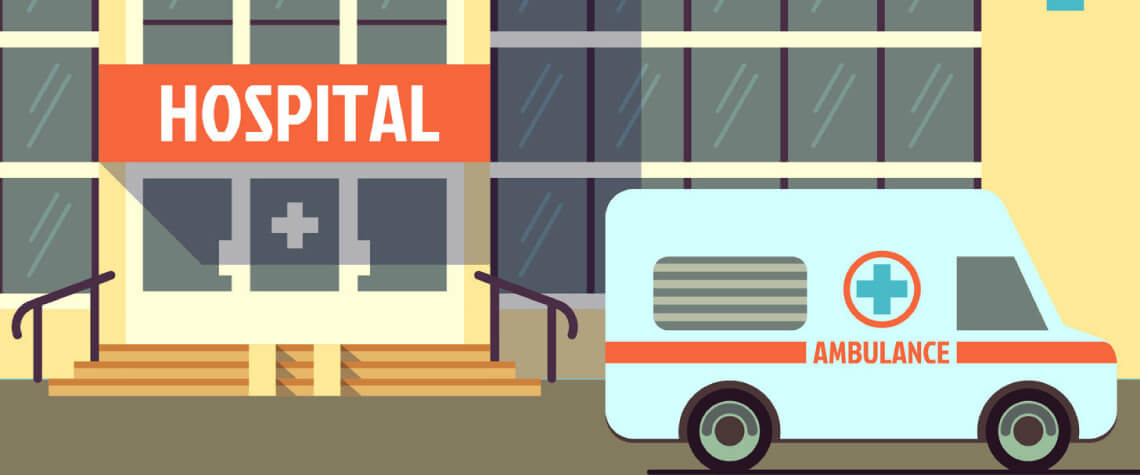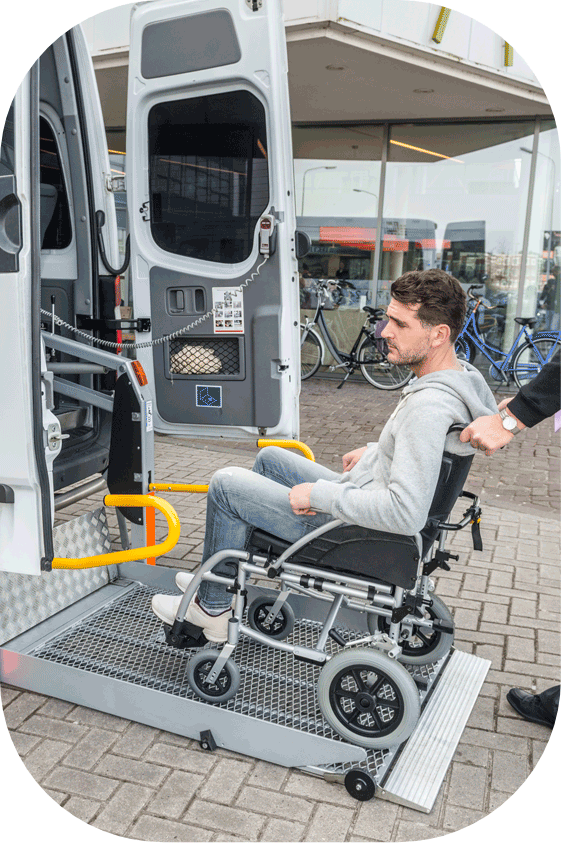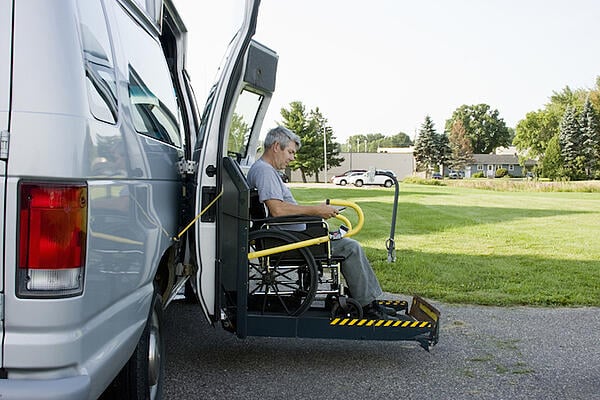Budget-friendly and Accessible Medical Transport Options for Every Circumstance
In the world of medical care, the ability to gain access to clinical solutions is critical, yet the difficulty of inexpensive and easily accessible transport can commonly prevent individuals from getting essential treatment. By discovering specialized medical transport solutions, area transport programs, ride-sharing and taxi solutions, non-emergency clinical transportation, as well as public transportation and paratransit choices, people can discover opportunities that cater to their particular demands and ensure they receive the treatment they require.
Specialized Medical Transportation Solutions
Specialized medical transport solutions play a crucial duty in ensuring secure and reliable transportation for people needing specialized care throughout transit. These solutions cater to clients with unique clinical needs, such as those requiring continuous surveillance, specific devices, or clinical interventions throughout transport. By making use of specially complete vehicles and skilled medical employees, specialized medical transportation services make sure that patients receive the necessary treatment while being transported in between healthcare facilities, homes, or various other places.
One trick aspect of customized medical transportation services is the emphasis on person comfort and security. Clinical transport teams are educated to handle different clinical problems and emergencies that may develop throughout transit, offering a higher level of treatment than traditional transportation choices. Furthermore, these solutions often offer door-to-door support, lessening the stress and discomfort that individuals might experience throughout transfers.
Area Transport Programs
Having addressed the crucial role of customized clinical transport services in guaranteeing secure and effective transport for individuals with one-of-a-kind medical needs, the emphasis now changes to taking a look at Neighborhood Transportation Programs - medical transportation. These programs play an essential function in providing economical and accessible transport services for the basic population, consisting of elders, individuals with handicaps, and low-income households that may deal with obstacles in accessing conventional transport options
Neighborhood Transport Programs encompass a variety of solutions such as fixed-route buses, paratransit solutions, volunteer chauffeur programs, and ridesharing efforts. These programs are often subsidized by regional federal governments, charitable companies, or exclusive companies to guarantee that individuals have trustworthy transport alternatives to get to clinical consultations, grocery stores, social activities, and other necessary locations.
Ride-Sharing and Taxi Solutions

One of the essential advantages of ride-sharing and taxi services is their ease of access. These services run 24/7, allowing people to take a trip to clinical consultations, drug stores, or health centers at any kind of time of the day. In addition, ride-sharing and taxi solutions provide to individuals with mobility challenges by offering wheelchair-accessible lorries upon demand.
Additionally, ride-sharing and taxi services can be specifically beneficial for people residing in areas with minimal public transport options. By linking the space between home and medical care facilities, these solutions play a vital role in making certain that everybody has accessibility to necessary medical solutions.
Non-Emergency Medical Transport

Non-Emergency Medical Transport service providers commonly employ experienced employees that are experienced in aiding people with differing clinical needs (medical transportation). These specialists make sure that patients are safely moved to their locations in a timely fashion, resolving any type of certain needs or clinical tools needed throughout the trip. By providing door-to-door solution, Non-Emergency Medical Transportation boosts the general access of medical care for individuals that might otherwise struggle to go to essential medical visits. Overall, these solutions add significantly to improving healthcare results by facilitating the smooth transport of individuals to non-urgent medical centers.
Public Transit and Paratransit Options
Public transit and paratransit alternatives offer vital transportation services for individuals with differing mobility needs, making sure access to important locations such as clinical facilities and consultations. Public transit systems, consisting of buses, trains, and trains, give an economical and commonly available mode of transportation for individuals seeking to get to clinical visits. These solutions are particularly helpful for those who might not have accessibility to private automobiles or need support as a result of movement obstacles.
Paratransit solutions cater particularly to individuals with specials needs who are incapable to utilize standard mass transit. These services use door-to-door transport, suiting individuals with wheelchairs, walkers, or various Homepage other flexibility aids. Paratransit lorries are equipped with features such as wheelchair ramps and securement systems to ensure the safe and comfy transportation of passengers with varying mobility demands.

Conclusion
